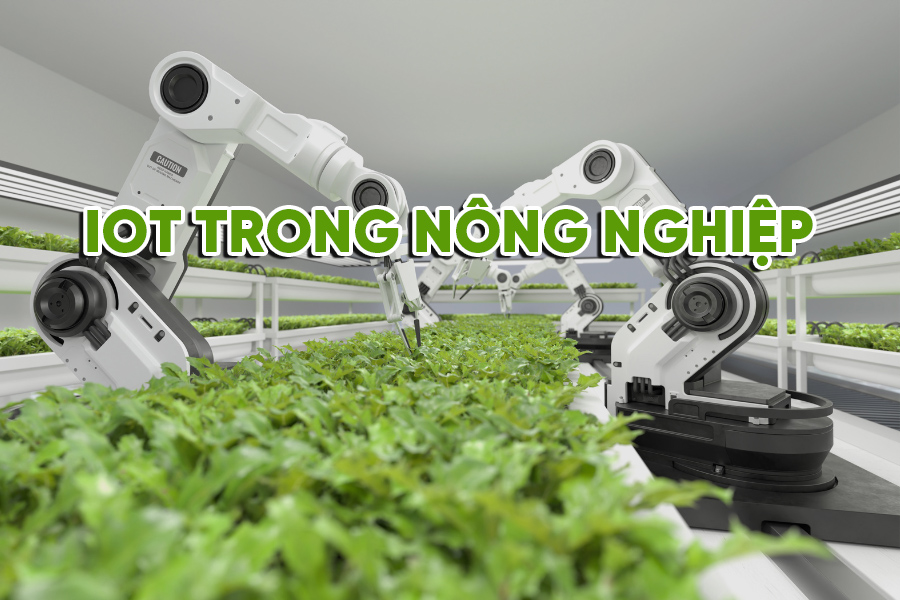In an era when agriculture must find ways to save money and do business more sustainably, smart irrigation systems using the Internet of Things (IoT) have emerged as a new solution. These systems help farmers and agricultural businesses manage resources more effectively, bringing many financial benefits.
Cost savings
One of the most obvious benefits of smart irrigation systems is save water. Traditional irrigation methods often rely on fixed schedules that do not take into account actual weather conditions, leading to over-watering and waste. Smart irrigation systems use soil moisture sensors and weather data to accurately adjust the amount of water applied. This ensures that plants receive adequate water, reduces waste, and saves money on water bills.
Save electricity is also an important benefit. More efficient irrigation means less electricity is needed to pump and distribute water to the fields. In addition, smart irrigation systems can be automated and remotely controlled, helping farmers reduce the need for manual work, reducing labor costs. As a result, farmers can focus on other important tasks, increasing overall productivity.
Profit
Although the initial investment in a smart irrigation system may seem like a lot, the profits are very significantTypically, farmers will recoup their investment within one to three years thanks to water savings, reduced labor costs, and increased crop yields.
Healthier and more productive plants are important factors to help recover capital quickly. Smart irrigation systems ensure that crops receive a stable and sufficient amount of water, helping plants grow healthily and produce higher yields. Better quality and quantity of agricultural products will bring more money to farmers.
In addition, the government also has many support and subsidy programs to encourage the use of water-saving technologies. These supports can help reduce initial costs, making smart irrigation systems more accessible to farmers.
Long-term financial impact
The long-term financial impact of smart irrigation systems is huge. Precise and consistent irrigation helps maintain soil health and fertility, is vital for sustainable agriculture. Healthy soil holds water better and helps plants grow vigorously, reducing the need for fertilizers and pesticides. This reduces costs and protects the environment.
Data analysis Smart irrigation systems provide useful information about crop and environmental conditions. Farmers can use this data to make informed decisions about planting schedules, crop rotations, and resource allocation. Optimizing these aspects of farming increases efficiency and productivity, increasing long-term profits.
Smart irrigation systems also help better respond to climate changeFarmers can better manage water resources during drought, heat waves, and other adverse conditions by adjusting irrigation schedules based on real-time weather data. This adaptability reduces the risk of crop failure and financial losses, providing greater economic stability for agricultural businesses.
In summary, smart irrigation systems using the Internet of Things (IoT) are changing the way agriculture is done by providing precise and efficient water management solutions. The economic benefits for farmers and agricultural businesses are huge, ranging from immediate cost savings and quick returns to long-term financial impacts such as improved soil health and increased resilience to climate change. As agriculture continues to modernize, the use of smart irrigation systems will be a big step towards achieving economic sustainability. Investing in this technology will not only help ensure a better future for farmers but also ensure sustainable management of our planet’s vital water resources.


